So I went to this con in Minneapolis: KidLitCon 2010. Supposed to be for bloggers about blogging in—and this is my new word for the week—the kitlitosphere. (English is such a great and malleable language.) Why did I go, especially when Garrison Keillor just happened not to be performing at the Fitzgerald and Brett was going to be in Green Bay? (Oh, Brett, Brett . . . Don’t get me started on Brett.)
Well, let me tell you why I went.
There’s this great scene in Julie & Julia where Amy Adams, completely convinced that she’s blogging into the great void, meekly types: Is there anyone out there reading me? But I’m sure you are, aren’t you? Somebody? Anybody?
Oh boy, do I know how she feels. Most days, blogging feels as if I’ve channeled Ben Stein from Ferris Bueller’s Day Off:
Now, why am I blogging altogether? Simple: My editor told me to, and I take direction well. (I do; just ask him.)
Here’s how it started. My editor said that I should develop an online presence. Get on Facebook; join Twitter. Put up a blog. The goal, he said, was for me to join the conversation.
Hmmm. Okay. Sure. No sweat. So I put up a blog; I joined Facebook and Twitter—
And discovered something really, really important.
I didn’t have the foggiest idea of what I was supposed to do or say. To whom? About what? Oh, I maundered on a bit about myself, gave some background, weighed in on a couple topics—but in the back of my head, this little voice kept yammering: You have no idea what you’re doing and why should anyone care what you think, sweetheart?
I so completely angst over my blog. I really do. My blog tortures me. My blog is the digital equivalent of that zit no amount of makeup will make disappear. For me, blogging is like when a shirt tag’s showing or I’ve gotten lipstick all over my teeth; everyone’s too polite to say anything and just looks away. (Disclaimer: I always say something when I spot a tag or lipstick. I’m convinced that only another woman understands the horror, the horror . . .)
See, I want people to care—or, at the very least, let me hang around the bar and maybe chime in once in a while.
And as I write those words, I think I’ve just stumbled on something very important.
Blogging is community.
When you blog—or do Facebook or Twitter or jump into any other social medium—you’re reaching out, trying to squeeze your way into a mash-up of a very large cocktail party. But this can be a problem if you’re someone like me: pretty reserved, a little superstitious, relatively adept at putting foot in mouth, and—honestly—kind of shy. (Really. The fact that I can smile and chat? Years of practice. Hey, all that psychiatric training wasn’t for nothing. I learned how to ask questions so other people would keep talking. Remind me to tell you someday about the assignment Tim Powers had us do at WOTF . . .)
Anyhoo. Seems to me that one of the keys to successful blogging is to develop the confidence—or the illusion of it at least—that would make someone at, say, a cocktail party give a damn about anything you have to say. In other words, if you don’t have any confidence in what you think; if you can’t listen to a conversation at a cocktail party—and really listen, not just hear—not only will no one listen to any comment you manage to slip in, they won’t even hear you over the sound of the band.
The first person you must convince to care about what you say is . . . you.
Really.
So I think that was in the back of my mind heading into KidLitCon. I wanted to figure out why I should care about me. I wanted to know what—and who—the heck my blog was for. I really wanted to crash that stupid cocktail party without spilling my drink.
So, my questions: Was my blog a way to let people know about a nice review? To weigh in on the big issues of the day? To reveal my deep and abiding attachment to my new compost bin? (Don’t ask.) What?
I mean, why blog? I’m serious. There’s no compelling reason why anyone should visit a writer’s blog unless that writer has a fan-base, people out there who’ve read a book or story and decide to look her up. So someone like me is blogging for a potential: a hope that, someday, someone’s going to stumble on by.
Only who is that someone? Because aside from those teens who write review blogs, my zillions of potential YA fans don’t read blogs. They couldn’t care less. They don’t use Twitter. They play around with Facebook, and they’ll text their thumbs off before they’ll actually do something as radical as talk on their cell—but they don’t routinely visit blogs.
Which is pretty discouraging.
So I finally asked the question during the conference: as a YA writer, for whom am I blogging? Straight out, using just those words.
There was this loooonnnngggg pause.
Finally, someone said (and I paraphrase): A YA writer is blogging for the gatekeepers—i.e., teachers, parents, and librarians.
Uhm. Okay. Really? A teacher? A librarian? My . . . my mother?
Wow. I didn’t know that.
So, after I digested that bit of information, I did manage to figure out a couple ways to play around with my blog, which I’ll be trying out in the next couple of weeks. In the meantime, though, I figured I’d recap some of the other pearls I picked up from an audience of some 80+, very accomplished and dedicated bloggers: librarians, reviewers, pro-bloggers, mommy-bloggers, publishers, publicists, illustrators and authors. [Oh, and if you want to read a couple of very in-depth recaps, you can access comments here. For example, while I thought that the talk about various platforms was great—and, if the presenter is correct, a platform may very well dictate your audience—I don’t see the value in outlining the pros and cons of, say, WordPress versus SquareSpace. Although I did find one editor’s comment about LiveJournal—that it’s a gated community of writers talking to other writers—very interesting. In that instance, a blogger knows pretty much exactly who her audience is.]
Similarly, while I heard a nice presentation on blog tours, I also talked with several authors who pretty much said that they’d found blog tours to be a tremendous amount of work for very little reward. (Just what I heard by asking a couple questions; don’t shoot me.)
On the other hand, you could say that a blog tour is the equivalent of bar-hopping: bellying up to the bar, chatting up the regulars while staying sober and then moving on. So, if you feel that you must do a blog tour, keep in mind are that while many questions can be quite repetitive, your answers can’t be. No matter how many times you’ve answered the same question, you’ve got to change up your answers. Also, you can help increase your visibility by coupling your tour to either a cause/issue (say, if you wrote a book dealing with child abuse, you might raise awareness by tying the tour to campaigns against abuse), or a charity.
But this was interesting, too: every single author I talked to said paying someone to arrange a blog tour was a waste of money. Okay, before you yell at me, remember: just repeating what I heard. I have no experience with blog tours: never done one, never got asked, hasn’t occurred to me. Just so we’re clear on that.
So, the pearls:
1. Self-promotion is a necessary evil. Get over it.
2. A blog is a conversation. That means if a reader makes a comment, you need to answer. Your readers are people, too. Above all else, be polite; be nice—and do respond.
3. A blogger needs to know his/her audience. In other words, audience is key—and audience changes depending on where you are in your career. What you write for fans will be different than, say, what you might write if your primary audience consists of other writers. But you must be aware of who your audience is at any one point in time.
4. Dovetailing on that, a blogger must develop an online persona. In essence, you craft the kind of person you want your readers to see and make decisions about your posts accordingly.
5. A blog writer should be a blog reader. This turns out to be a big deal because bloggers—especially reviewers and librarians—want to know who and what you’re reading. They want to know that you’re serious, and you’ve got to demonstrate a working knowledge of other people’s blogs. That’s fair. You want to buy a house and fit in? Bake cookies, pick up after your dog, and get to know your neighbors.
6. In line with that, you need to develop an online presence by commenting on other blogs (which is probably what my editor meant when he said I should join the conversation). Use the Goggle Reader; comb through the blogs; make a comment here and there, not only to spread your name around but to hear/read/listen to what other people are saying—and respond in kind. Really, if you want to join a conversation, you don’t just butt in with some comment about the Packers if everyone else is talking politics. Would you do that in real life? Of course not. Same thing here.
7. Develop an online presence, and blogging can make your career. This was something that Maggie Stiefvater really hammered on in her keynote. In fact, her publisher elected to start her most recent book tour over the summer instead of the fall and counted on her blog presence—which she’s built up over almost a decade, starting from highlighting her art work to posting a story a week with two other writers—to bring in fans. Which it did, in droves.
8. Figure out what’s not out there. This is in-line with what Maggie said at the beginning of her keynote: the world really isn’t waiting for that next big blog. The world couldn’t care less. So you must figure out not only how to join in but stand out in some way, sort of like making a comment that’s actually listened to versus simply chiming in with an oh yeah, like, totally.
9. Anything you write will be remembered forever. This presumes, of course, that someone reads you. But you must always behave as if someone is.
10. Blogs should be user-friendly: easy to navigate, self-explanatory, tidy.
11. For YA and kid authors, in particular, there are ways to participate with fans that don’t involve leaving your house or driving across country. For example, you can Skype into a classroom. (In fact, I talked to one librarian about doing just that.) You can do a chat. Let tech be your friend.
12. This was kind of interesting: don’t make blog posts TOO long. Only dedicated, fascinated readers will persevere to the end. How long is too long? Beats me. But here’s what I figure: blogging is a little bit like submitting a story to an editor. I know a couple editors who both love and hate when a writer hooks ’em because then the writer’s made them spend time they haven’t got, damn it. So, in a way, it seems to me that blogging is not a time for a writer to get lazy. This goes back to making readers care about what you have to say—and why blogging can also be a HUGE time-sink, which leads me to:
13. If you’re not careful, blogging will take over your life. Now, no presenter actually said that; this was something I picked up by eavesdropping between panels. (Yes, I was the woman in the funky orange top pretending to be über-fascinated by that utterly incomprehensible painting you’all were standing next to . . .) As with anything else, if you’re going to blog, remember that while a blog is product, it is product that no one is paying you for. Now, obviously, if you collect related posts and make a book out of them, that’s not true. But, by and large, you are spending time blogging, and time is money, so budget accordingly. Think of blogging as an investment of your time and resources. A couple of coins every few days will probably yield a greater return than one huge bolus of cash.
12. And, oh yeah: If you don’t think you have the time or aren’t comfortable blogging, don’t. Really. Your lack of enthusiasm will be all-too painfully obvious.
So, there you go: some pearls. Like I said, if you disagree with some, don’t yell at me.
Okay, blog time’s up. I got a book to write.
Oh, but before I forget: those kick-ass Jeffrey Campbell boots? Too big. Quelle bummér.
Now to find a size 7 in distressed brown . . .




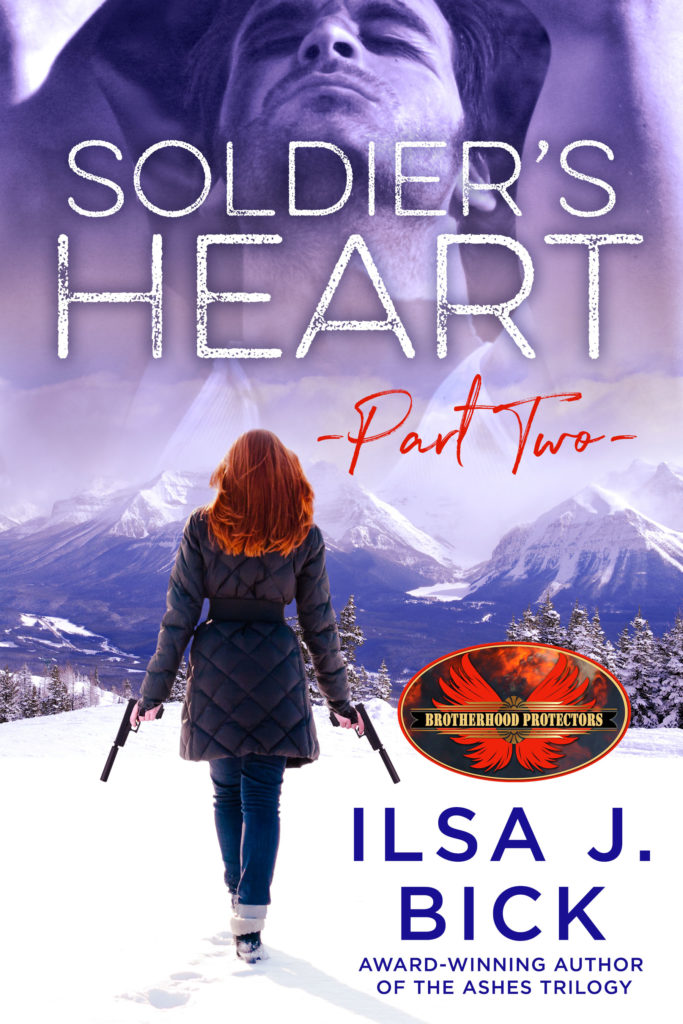


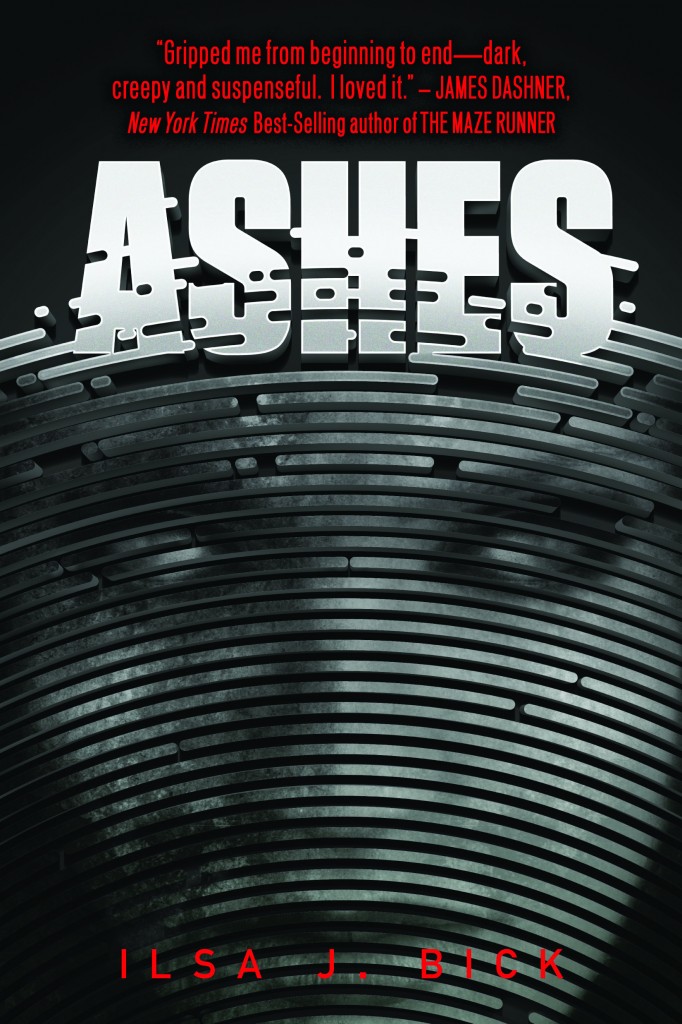
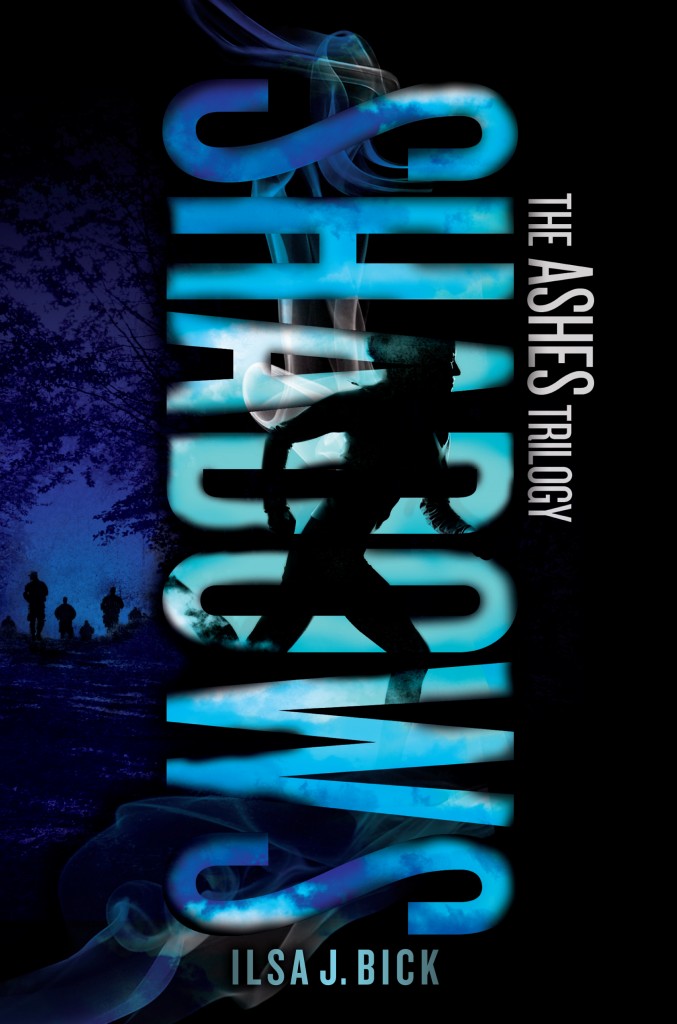
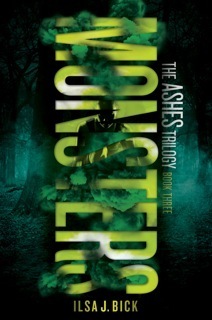
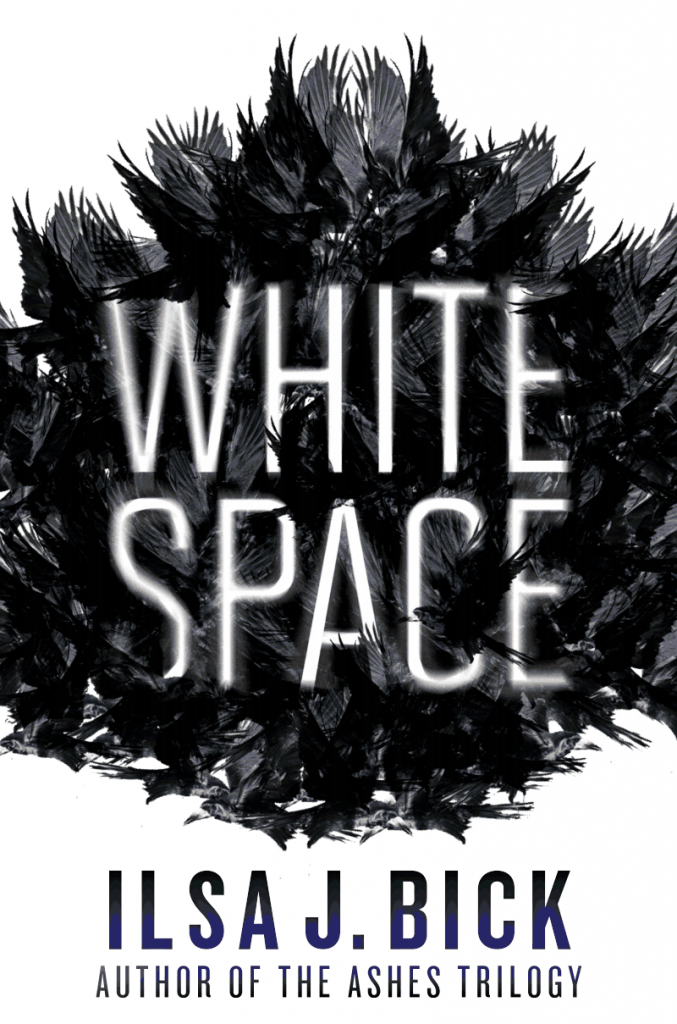
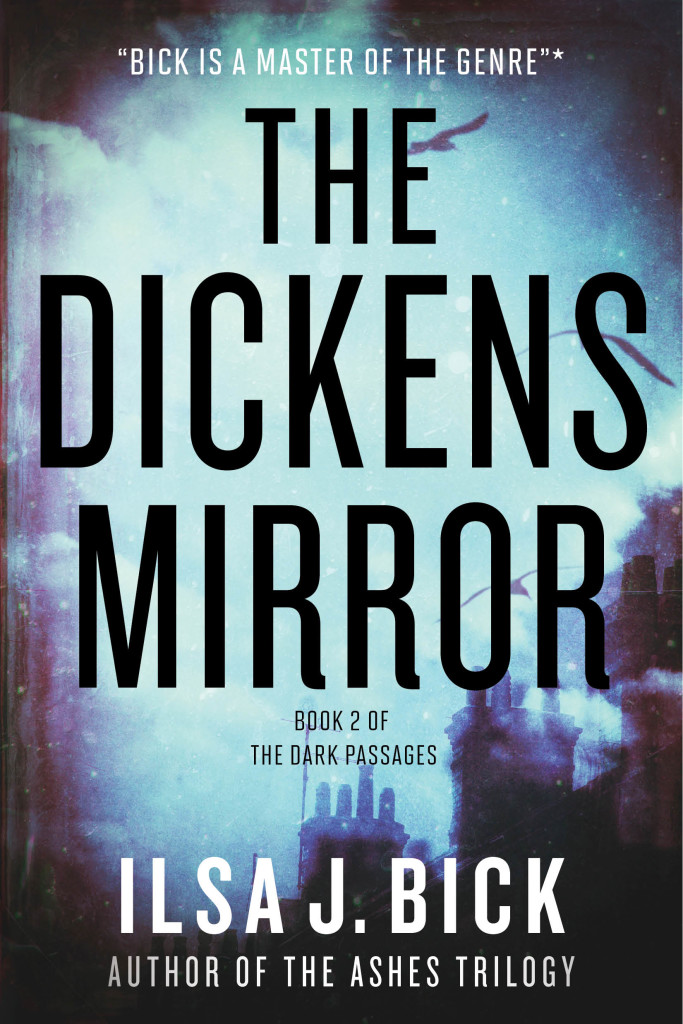
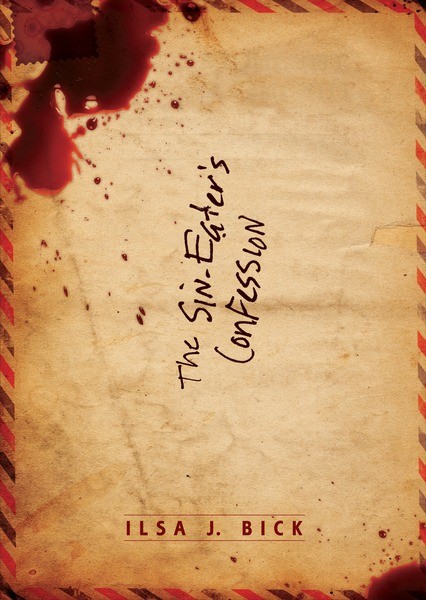
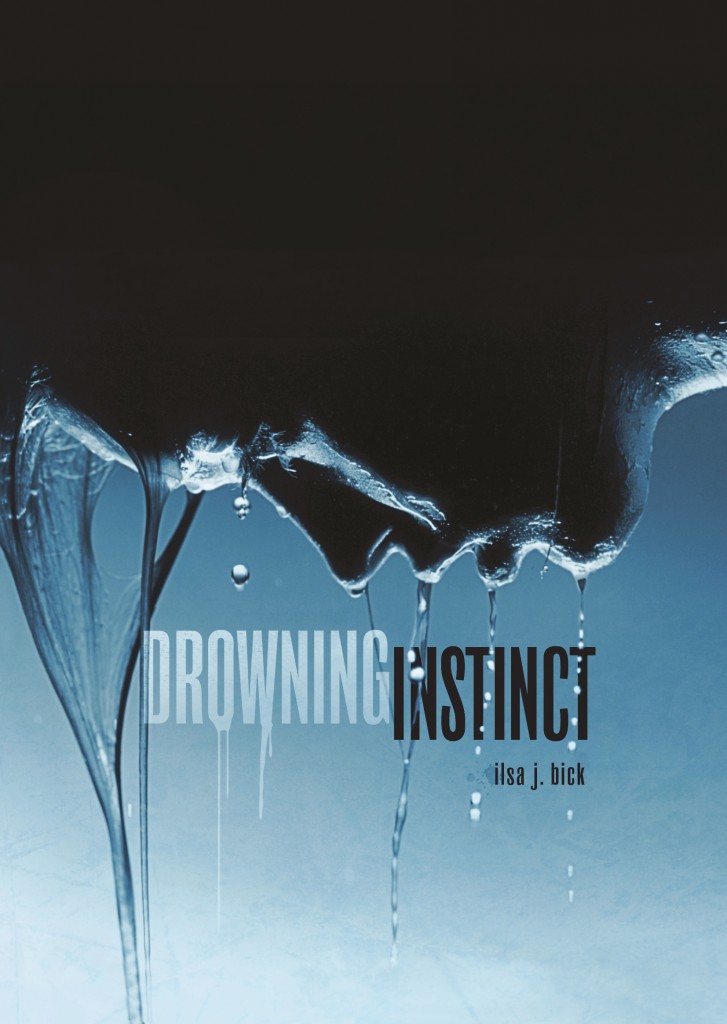
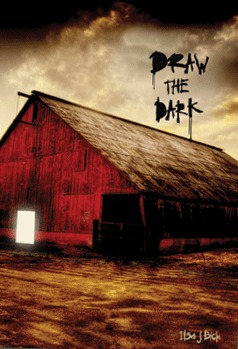
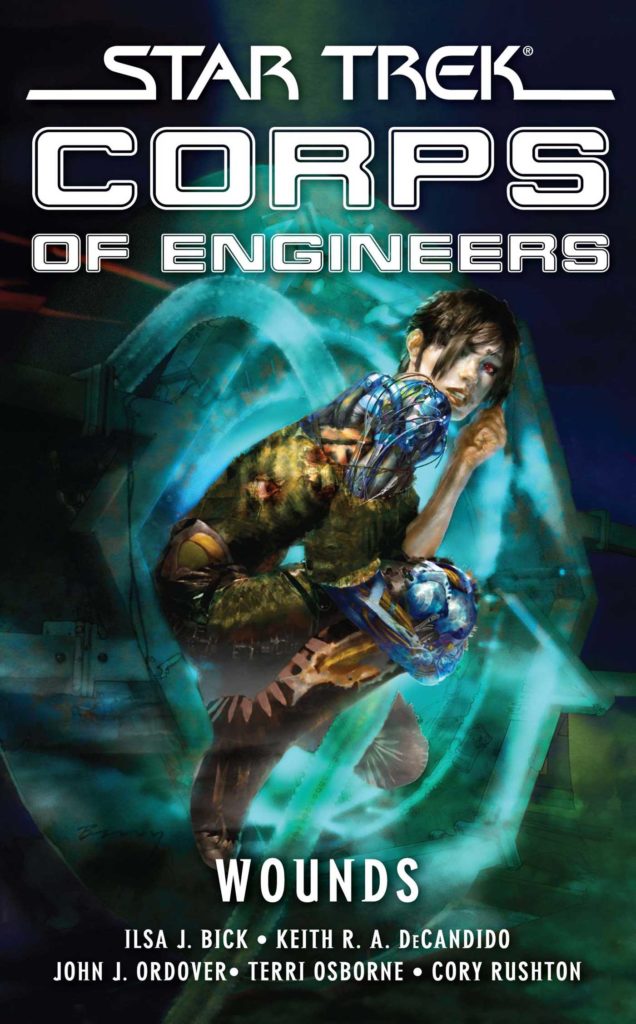


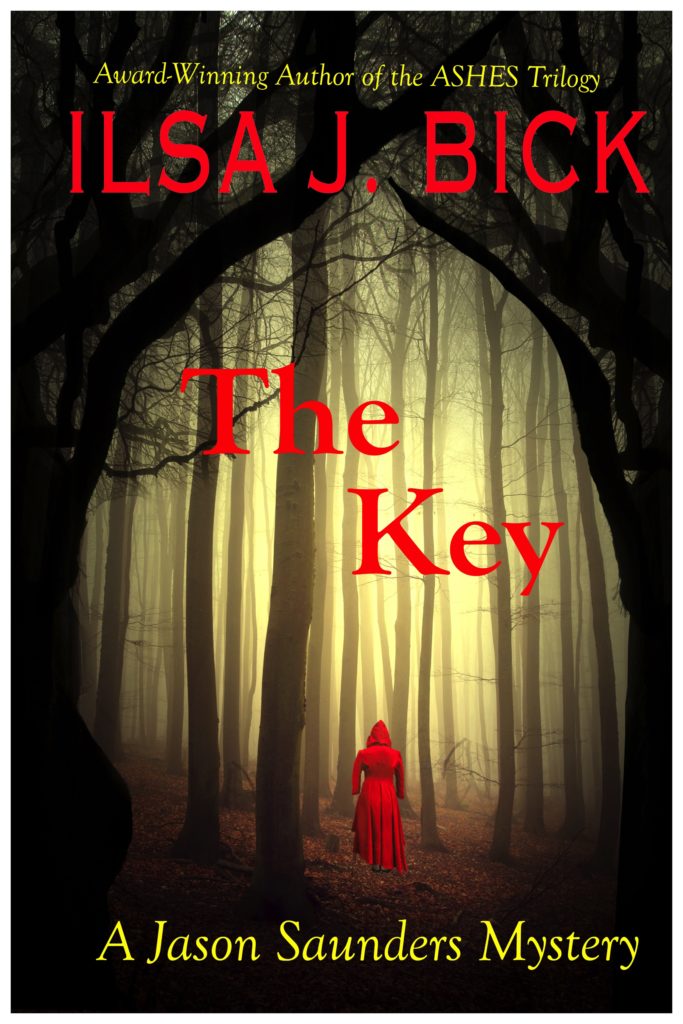
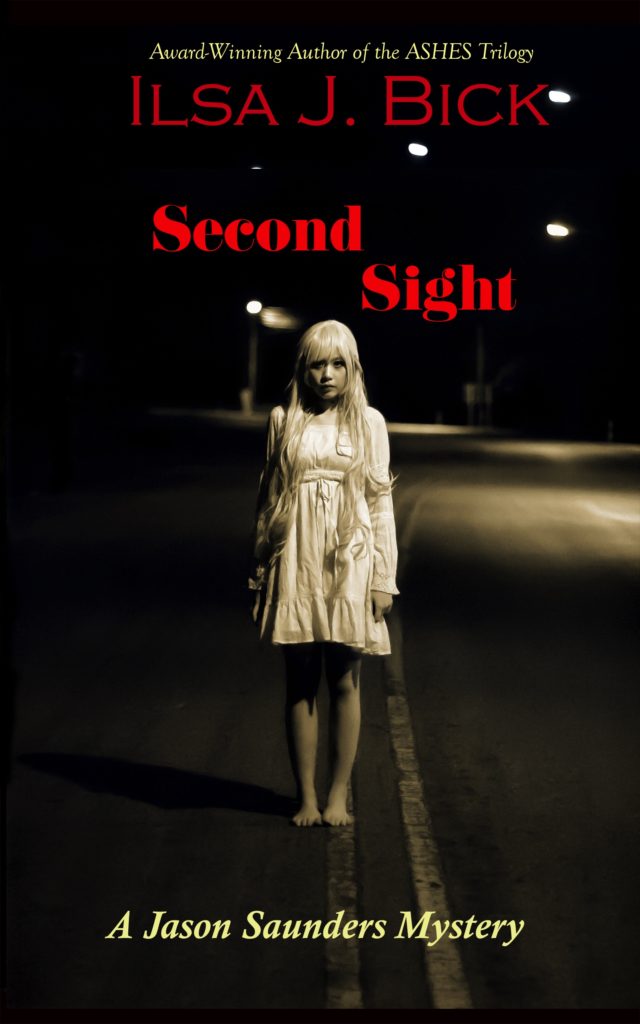
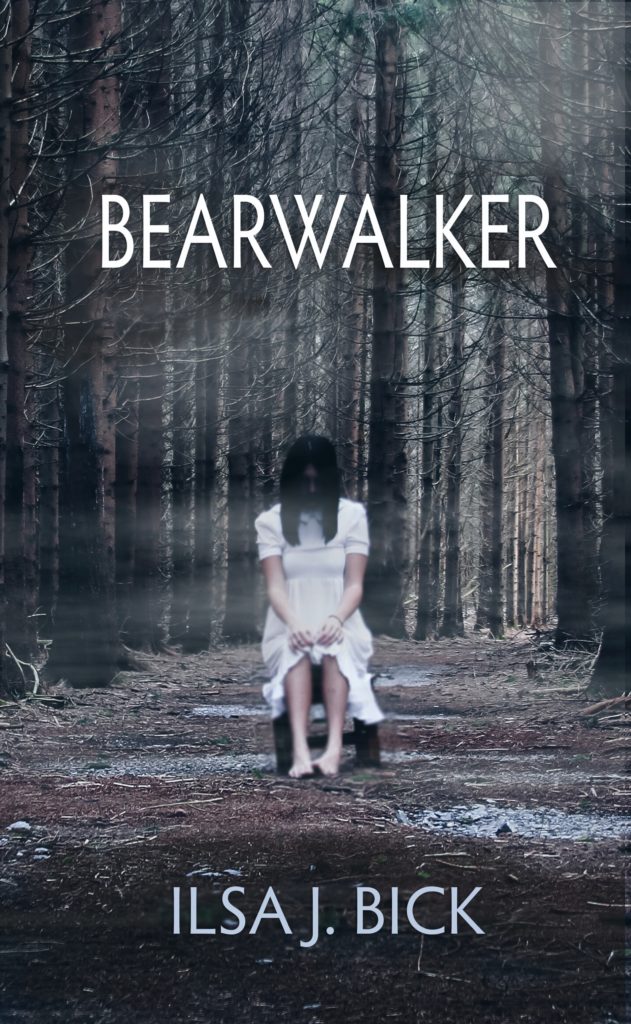
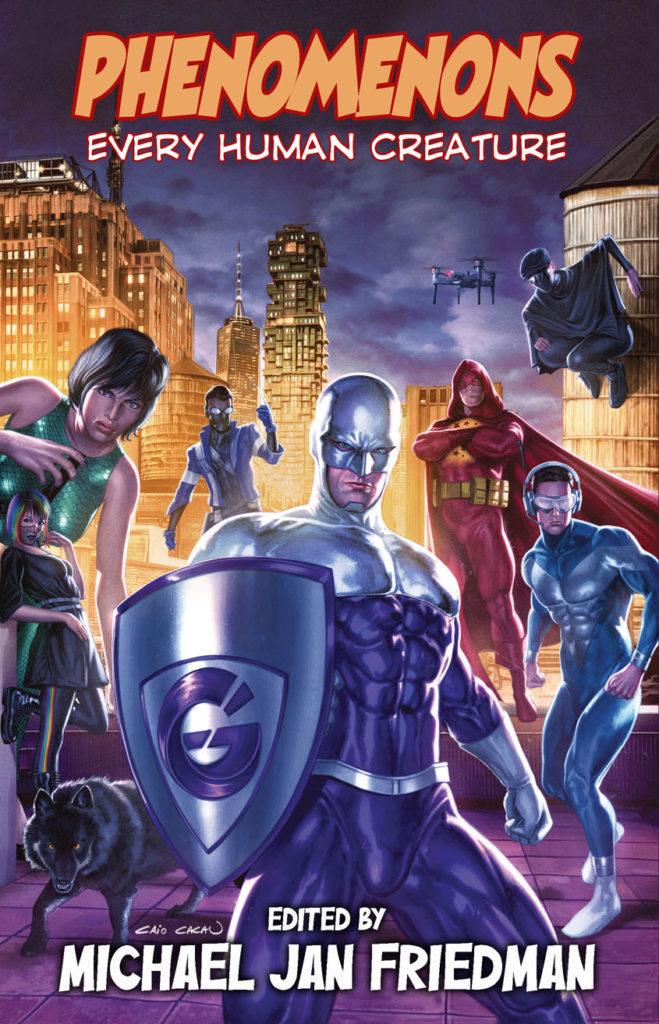
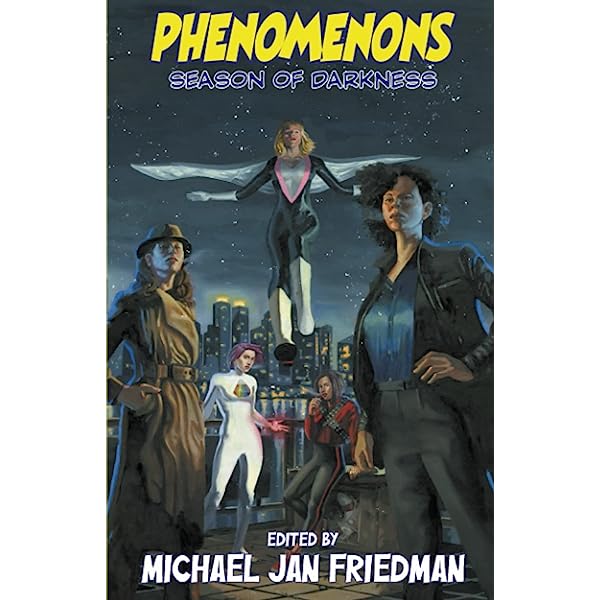

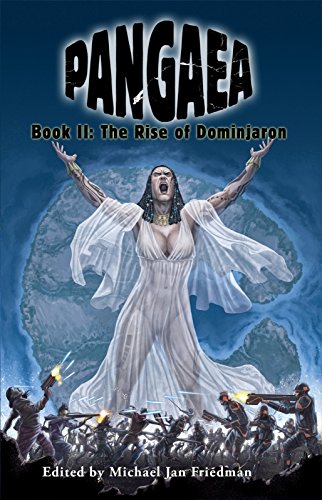


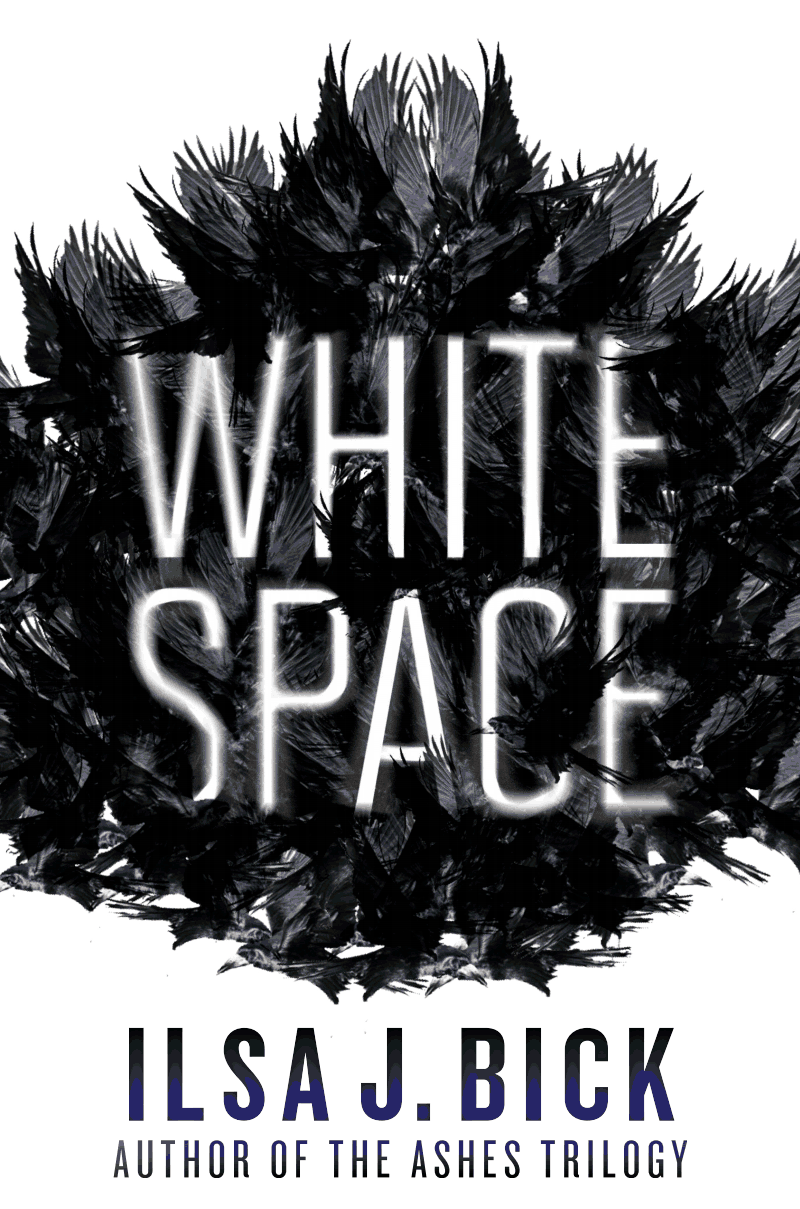
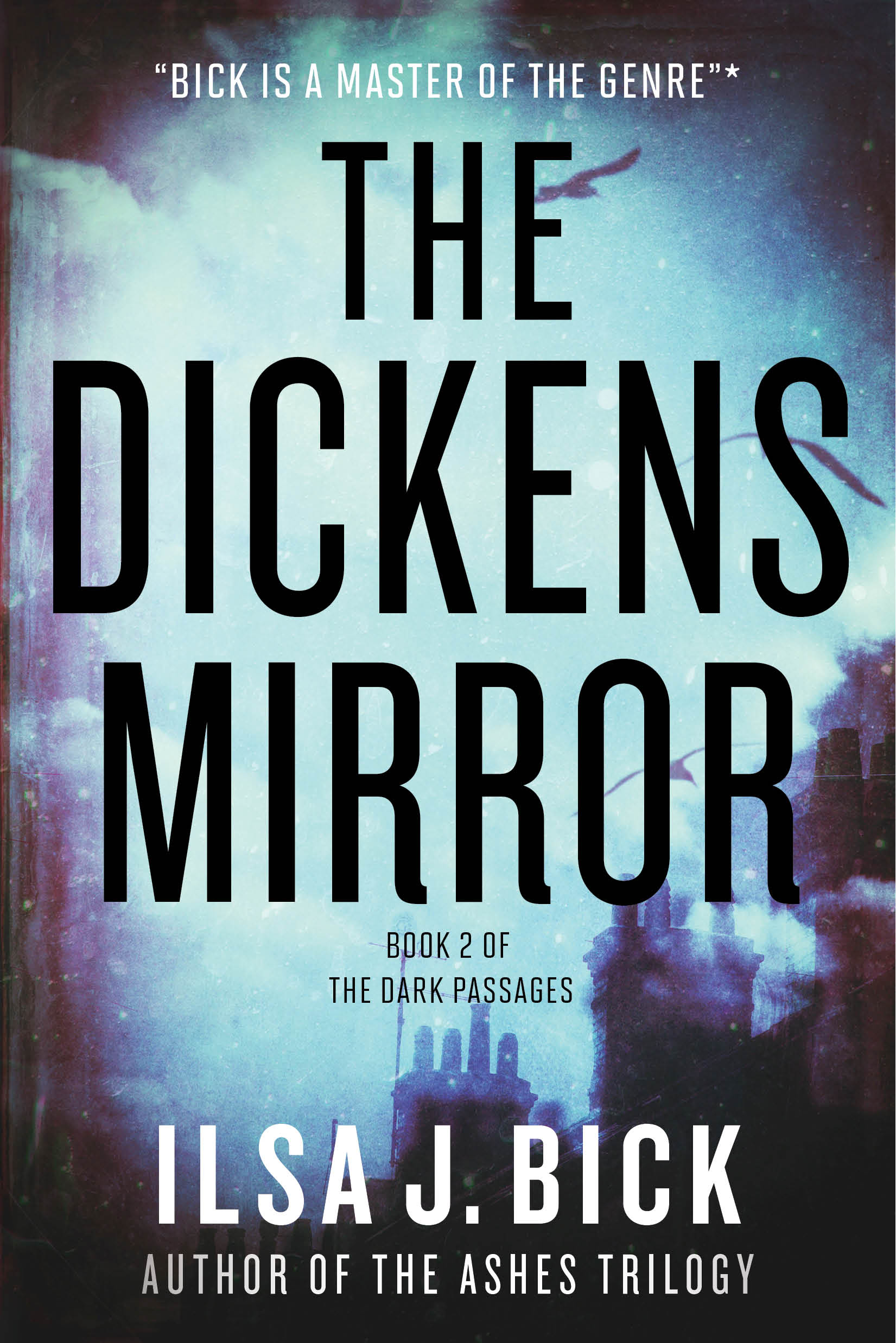
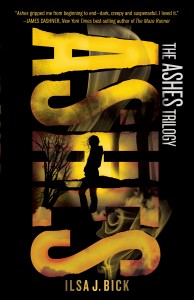
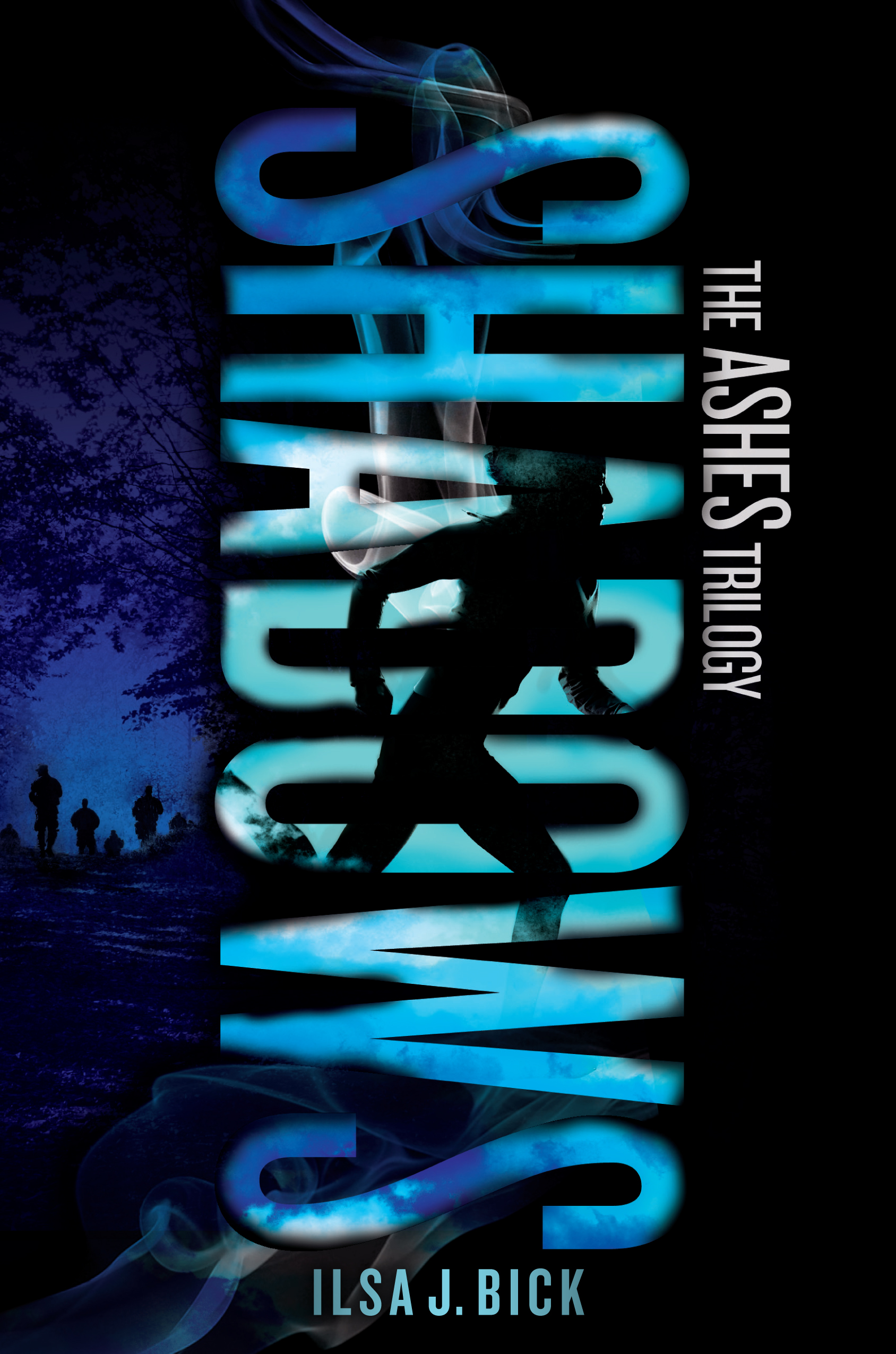
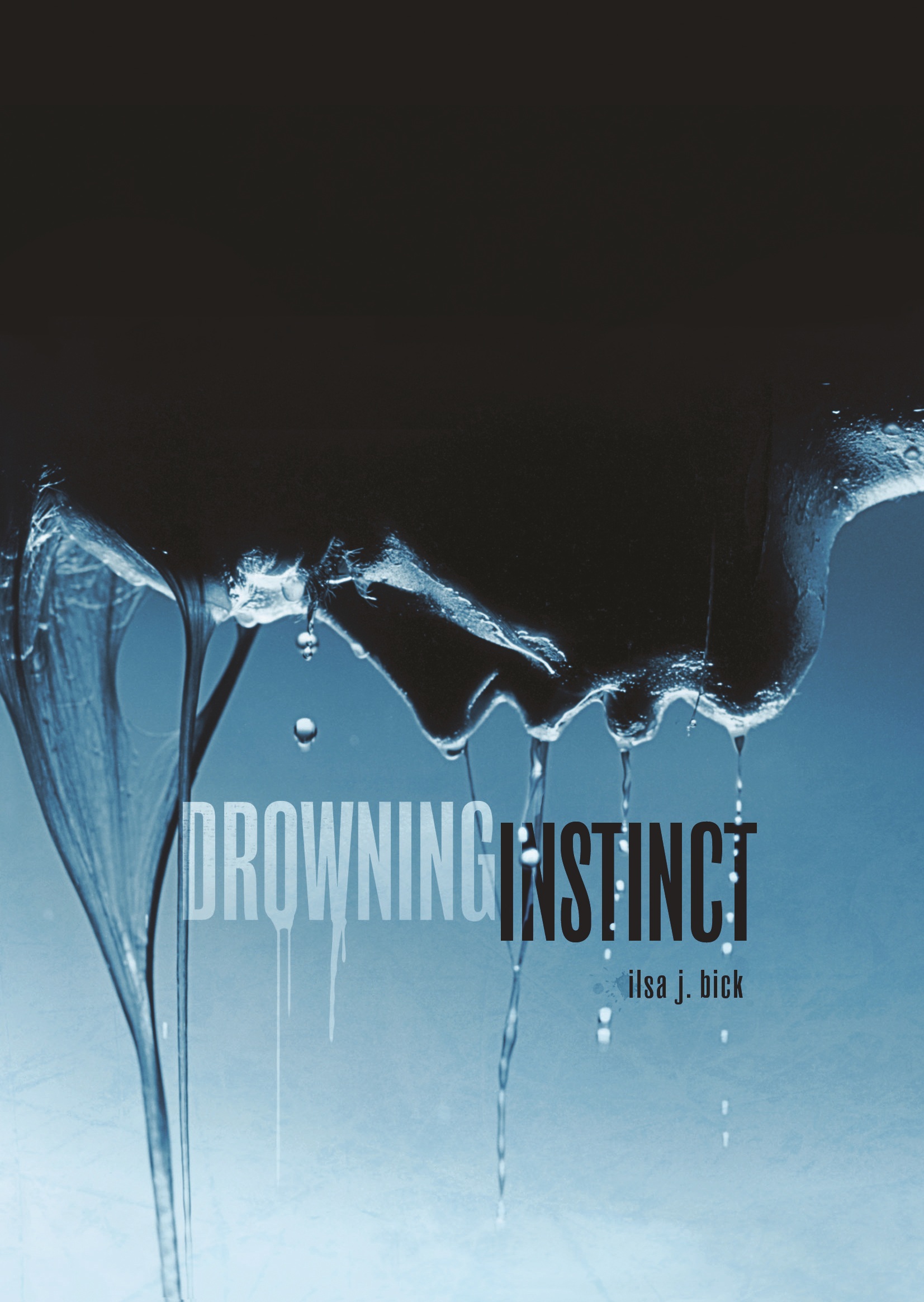
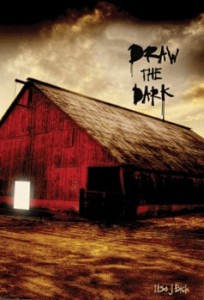
Marnie Hutcheson said, “Too many people want a soap box. But when they get it they don’t know what to do with it” –and she was right. What a waste of time. And we have given blog soapboxes to everyone who wants one; how noisy can it get?
Grace Andco said, “Blogging is a lot like edating. Most folks are just looking for sex, any kind they can get; e-sex, phone sex, or physical sex (that is the one they call true love.)” –If you have a real life, its just a waste of time.
I say, if you really have something to say, do it. Add something valuable to the blog. Otherwise, be quiet, work on your writing and hire someone who knows how to get you out there in a way that makes a difference, not just adds to the noise.
Elodie
Hi Ilsa,
Some good things here. Several writer mentors have encouraged me to start a website and a blog in order to, as you say, create a presence. Which I’ve done. And I’ve encountered most if not, indeed all the psychological speedbumps you’ve mentioned.
I find, when I read blogs, it is almost entirely on the basis of recommendations from other persons whose opinion I value. That’s my filter and my way of keeping the time investment to a minimum. I am a slow reader, so to me, raking the sludge for diamonds is a very costly venture.
The biggest blogging challenges for me are trying to be topically unique (it seems there is nothing that isn’t already “out there” if you look hard enough for it), and getting over the “who the hell do you think you are?” psychological barrier. I haven’t gotten over it emotionally, but I have simply decided to “just do it.” Although I must admit I need to do it more regularly and more often.
In terms of my two cents worth, I find there are two fundamental types of blogs. There are topical blogs, that are somewhat disciplined and pretty much stay on theme. Then there are “free-form,” or maybe a better discription is “conversational” blogs, that seem to be the blogger’s periodic equivalent of a mental cleansing exercise. Either category can be fun or painful depending on content and style.
The things I find very attractive when I read blogs, are valuable content and voice. Conten is far and away the most important. The attraction of a compelling voice is harder to pin down; it can mean humor, it can mean seductive or artsy fartsy aura, or regional or social dialect… whatever. If it rings true it adds to the magnetism.
Oh, and one other quirky thing. I like when bloggers sign their name at the bottom of each blog entry. I know that most of the identies are given in some formal context on the blog page, but for me, the sign off at the end makes it seem more personal and more compelling to me as a reader. Maybe that says more about my own weird psyche than anyting rational about the blogosphere, but there it is anyway.
Thanks for compiling your observations.
Cheers,
Bob Sojka
Thanks, Bob. You know, I think all your points are right on, and what you see as your “quirk” seems to me to fall right in line with the idea of a blog as a conversation. That personal touch appeals to you and that’s not strange at all. As for valuable content . . . well, you know, value is relative, right? That’s why I made the point of understanding who your audience might be at any given time. For example, if I waxed lyrical about optogenetics, I can guarantee glazed eyeballs–unless I can figure out some way to make optogenetics something you should care about, and that might very well circle right back to what my job, as a writer, is: to both entertain and make you care.
On the other hand, if I start talking about Brett . . . maybe I wouldn’t have to work so hard 😉
Thanks for stopping by!
Ilsa
Yeah, I agree, Elodie–and, as I said to Bob, value is relative. There are probably blogs out there that some people think are incredibly valuable but which I find a total snooze. Me, I’m kind of omnivorous and easily bored, so I find lots of new things to be interested in. The hard part is a) not going overboard and b) making sure I’m not either blogging or reading blogs to avoid my other work.
Speaking of which . . . time to get back to it.
Ilsa
Ilsa, good post. Thanks!
As you have heard me say, I am not a fan of a writer spending too much time doing any kind of self-promotion beyond a web site with a blog and twitter and Facebook. I too have heard from a lot of people it is just a waste of time. Glad some of my “overheards” were the same as yours about blogging tours and the like.
Always just better served past a certain point to write the next book. Good post. Again, thanks.
Thanks, Dean. Actually, what you wrote was something that the publicists really pushed on their panel. Someone else tweeted this already, but when the publicists were asked what, in a perfect world, they’d like to see their authors doing, the vote was unanimous: authors should be writing books.
Ilsa
Thanks so much for the post! I’ve been asking this very question lately, getting my nerve up to start my own (wanna-be) author blog. Excellent advice.
Now, if only you’d told me exactly what to say…. 🙂
Hah! I feel your pain. Good luck with that!
Great post, Ilsa. Thanks. And thanks for responding to my twitter query with a post. Nice to see the comments from professional bloggers. (And to hear your marvy voice, natch.)
Glad you stopped by, Kris. I thought a lot of what was said to be pretty interesting–but I do keep coming back to what I think is an interesting tension. Ideally, as the publicists pointed out, they want their authors writing books. On the other hand, a dedicated blogger, working over years to build a presence and following (which translates into many, many hours of blogging), is increasingly expected to provide the numbers publishing houses don’t have the resources to generate in marketing campaigns. Given that being on-line can really suck away hours–I think of the time I could spend, say, reading–it feels a bit overwhelming. I thought there weren’t enough hours in the day before . . .